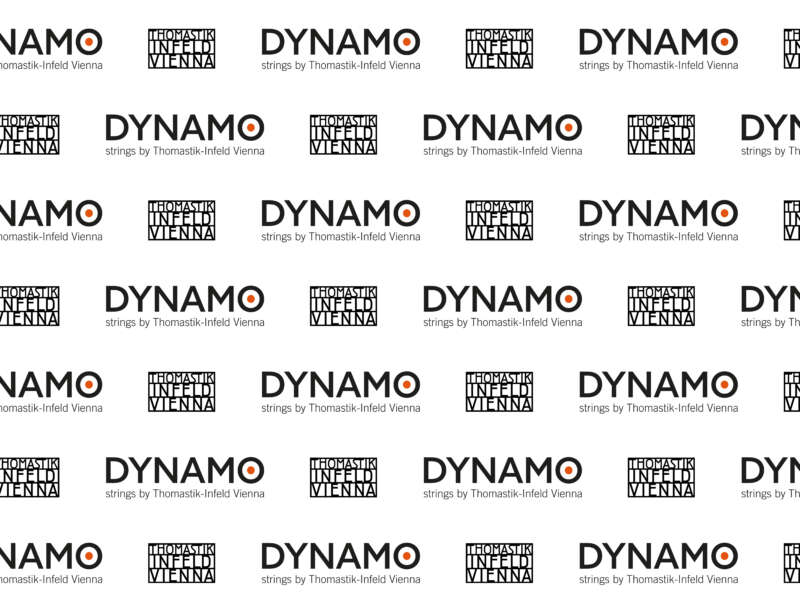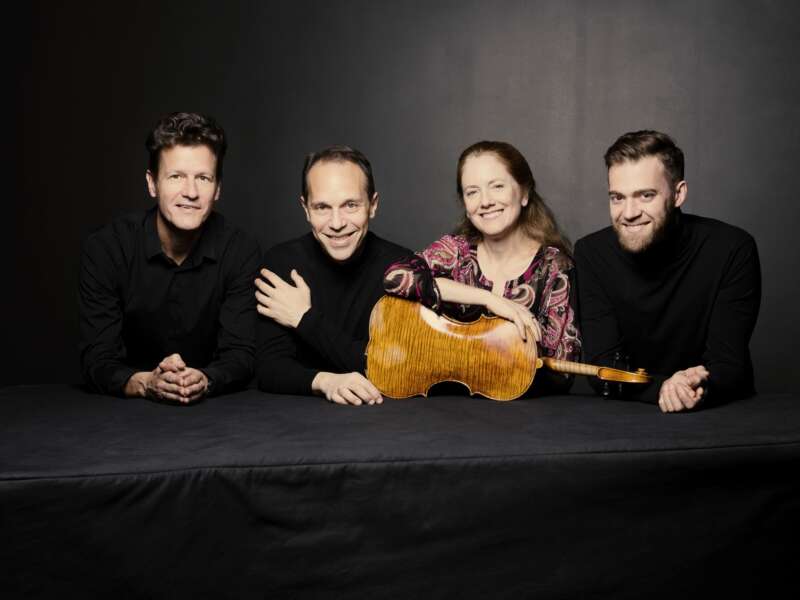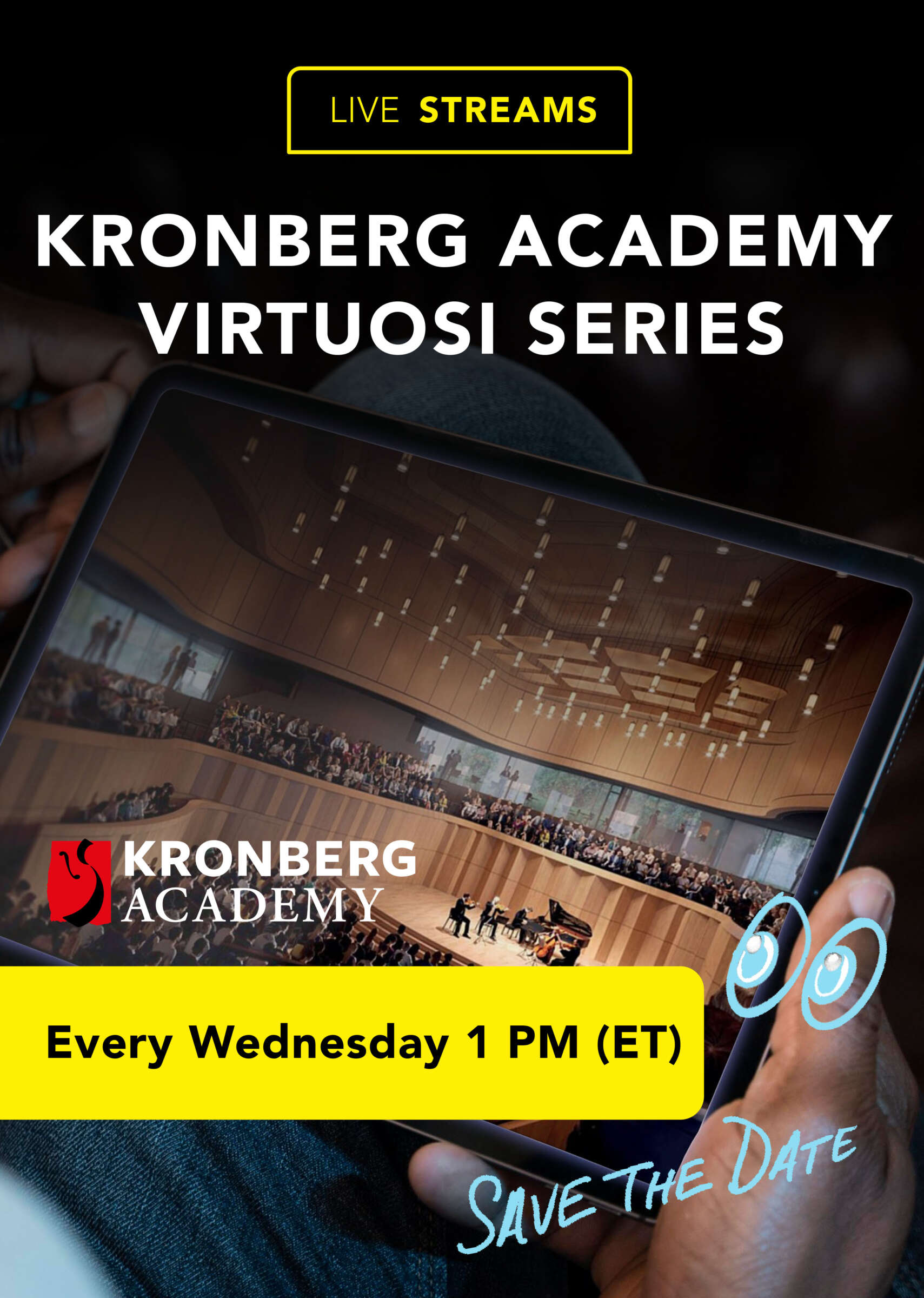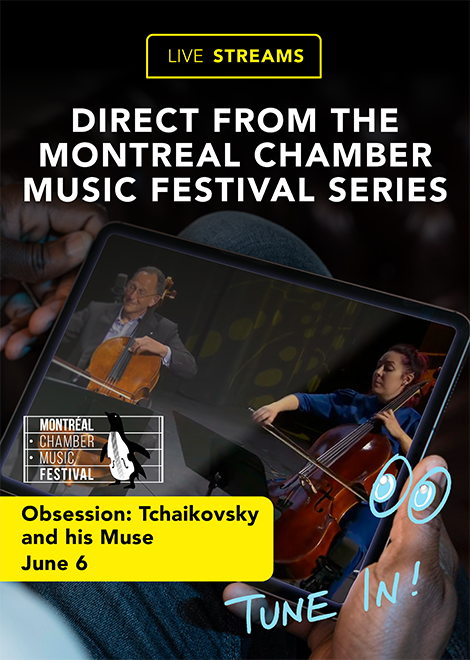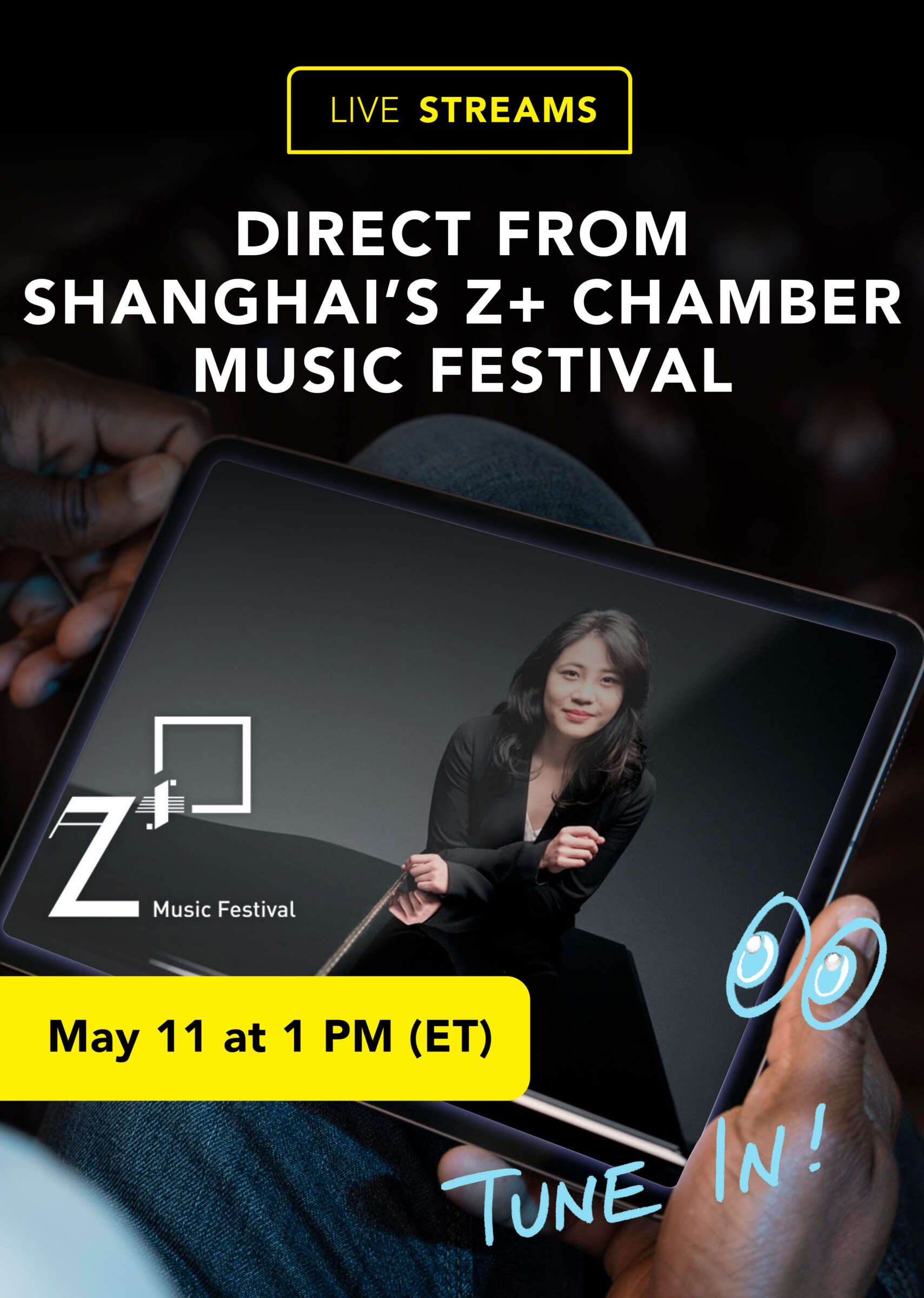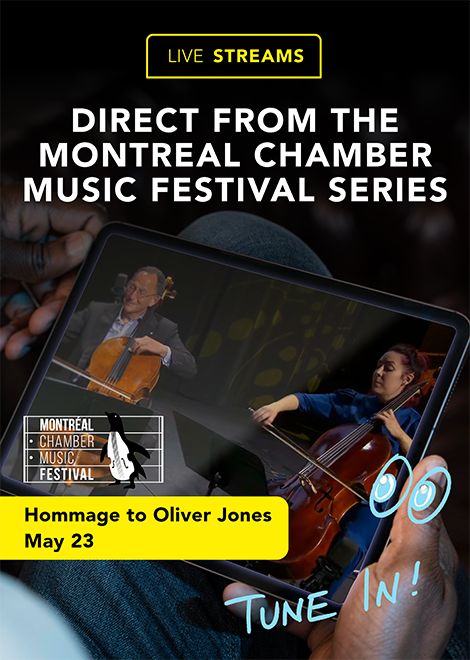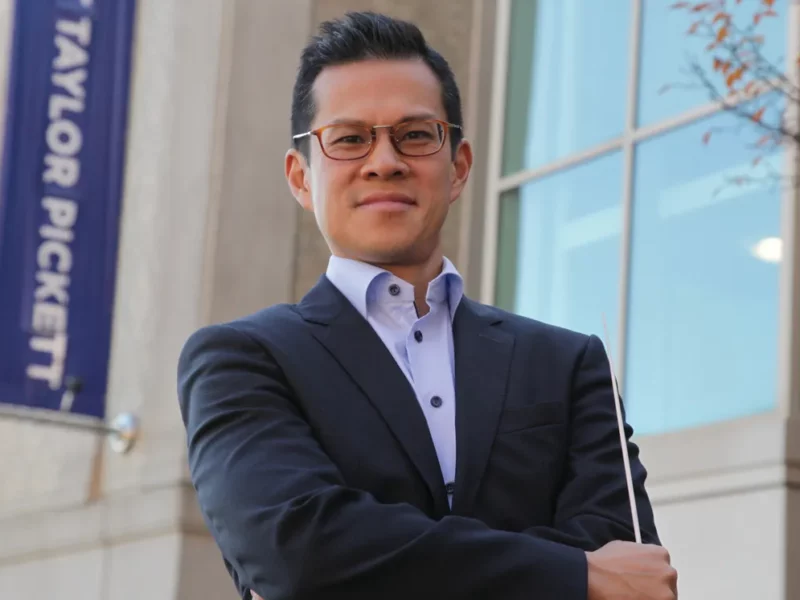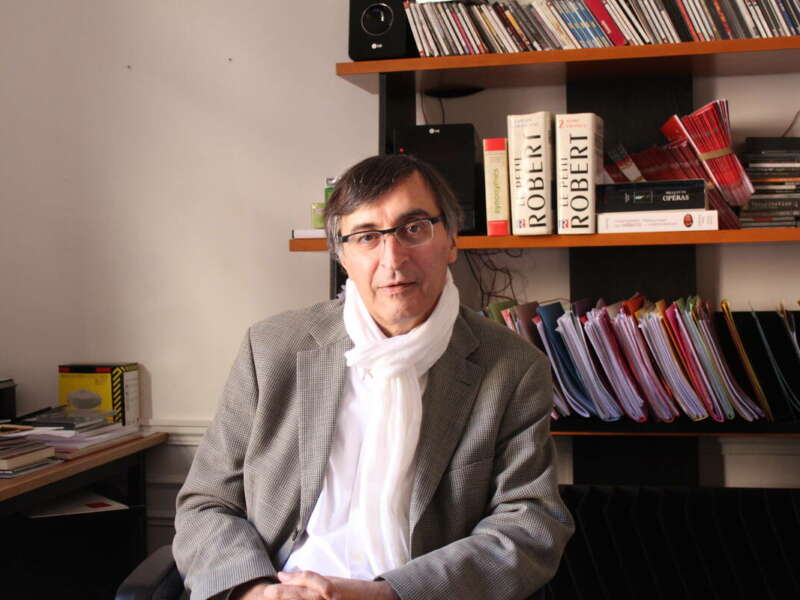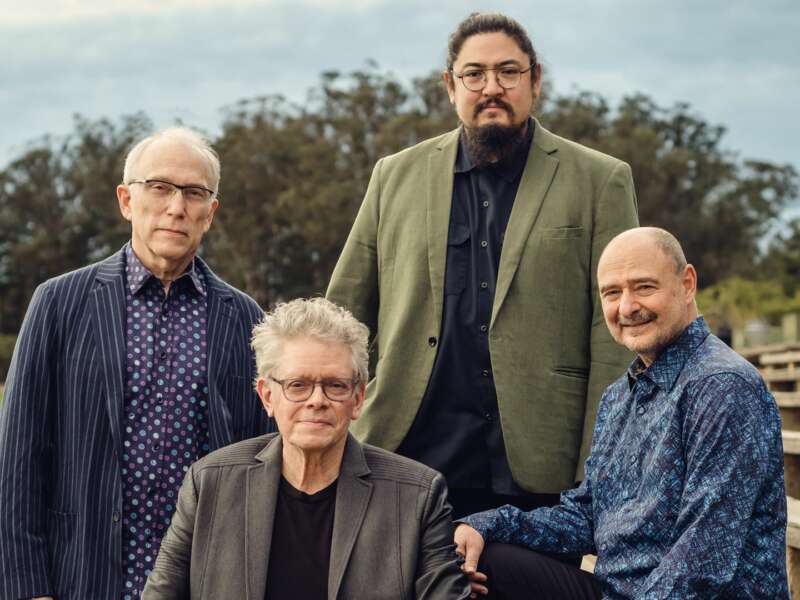Merz Trio on Programming, Arranging, and the Naumburg Award
Winners of the 2021 Naumburg Chamber Music Award, the Merz Trio will perform at Carnegie Hall on April 17, 2023
On Monday, April 17, 2023 at 7:30pm in Weill Recital Hall at Carnegie Hall, The Walter W. Naumburg Foundation will present the Merz Trio. Winner of the 2021 Naumburg Chamber Music Award, the trio is made up of pianist Lee Dionne, violinist Brigid Coleridge, and cellist Julia Yang.
A program highlight will be the world premiere and Naumburg commission, Piano Trio No. 1 “Music of Friends” by George E. Lewis, a work commissioned as part of Merz Trio’s Naumburg prize.
We caught up with Lee Dionne and Brigid Coleridge to learn more about the trio, its mission, its programming and arranging, and the upcoming concert program.
Tell us about the Merz Trio. How and when did you form?
Coleridge: Merz Trio formed in 2017 in New York City. All three of us were living in NYC involved in various programs, and some of us had already crossed paths at festivals in the past. Everything fell into place by pure luck: Lee and Brigid had been playing duo repertoire and thinking about a trio, and Julia was looking for a serious chamber group. We read together one night in one of the Carnegie Hall practice rooms and just had a lot of fun. We decided to give it a go and see what we could make of a trio.
In your bio, it says that you are “committed to reshaping the narrative of classical music.” Can you elaborate on this mission?
Dionne: I think it's bizarre that we often think of classical music as defined so narrowly by particular repertoire taking place in particular venues, programmed in a particular way with particular dress codes and rituals. Yet the circumstances of classical music's creation have always been far broader. Just look at the beginnings of composers like Bach, Haydn, Beethoven, or Brahms. Each of them enjoyed a certain amount of luck, education, and privilege, but not more so than, say, that of any middle-class artisan craftsmen, and they all experienced their degree of hardship throughout life as well.
Yet this is in a completely different league from the amount of privilege required for a violin prodigy attending a pre-college program in 2023 to perform Beethoven's Violin Concerto on a Stradivarius that their parents purchased for them when they were ten. Of course, none of this speaks, either, to the privilege conferred to this repertoire by colonialist western powers that have always sponsored, promoted and absorbed classical music like Beethoven's to serve their own agenda, even during Beethoven's lifetime in the circumstances of his patronage.
However, my point is that, in its essence, this music has never required funding on a scale commensurate with the most lavish excesses of its performances and continuation today. I think it is our job as classical musicians to think imaginatively for a way forward for classical music that is independent of the circumstances of power and oppression that currently fund it on a large scale. Without this, I do not think we will ever be able to move forward in the inclusivity of our programming and audience engagement in a way that is truly imaginative rather than merely tokenistic.
Can you walk us through what went into programming your concert at Carnegie Hall on April 17? How do you, as a group, chose the works?
Coleridge: The programming for this concert started with George Lewis’ new trio (written for us as a commission from the Naumburg Foundation) which at that point we hadn’t laid eyes on yet — we just knew there would be a 15 minute contemporary work on the first half. We also knew that we wanted this program to feel very ‘us,’ to be a real mix of musical voices and styles and to be a bit unexpected in its juxtapositions. We also definitely wanted to play Lee’s arrangement of Ravel’s orchestral work La Valse!
We’re beginning with four song arrangements that have become much-loved concert openers for us: two songs by Alma Mahler and two by Alban Berg, that we play without pause. From there we’ll move to another pairing: a 12th century chant by Hildegard Von Bingen that we’ve arranged, and an amazing contemporary trio My Fleeting Angel by the British composer Cheryl Frances-Hoad, based on a Sylvia Plath short story. After that, we’ll premiere George Lewis’ new trio Music of Friends to close out the first half. We love the title George chose, and it feels very fitting for our approach to programming this concert. In the second half, we’ll play Brahms Trio No. 2 in C major, which has been very dear to us this season and which showcases a very particular take on the piano trio as a genre. And then we’ll close the program with La Valse, arranged by Lee — truly the wildest roller coaster ride we’ve experienced yet!
In regards to your arrangement of Four Songs of Alma Mahler and Alban Berg Trio, as well as Ravel’s Valse — the repertoire for trios is already rich, what motivates your drive to keep adding to the repertoire?
Coleridge: Arranging is something that we began quite early in our work together, partly because there is so much music that we love (especially music for voice)! But also because we wanted to be able to be as flexible and imaginative as possible in our programming. Of course, the existing trio repertoire is astonishing, but there isn’t a lot of music for trio that is 3-5 mins in length. If you want to explore outside of the traditional recital program recipe formula, then shorter pieces are very useful. This is where many of our arrangements really come into their own. Having said that, Lee’s arrangement of La Valse is more like 15 mins long. That arrangement came about through sheer love of that piece and a strong desire to see what was possible if we reduced a full symphony orchestra to three musicians!
What is your process as an ensemble when it comes to arranging? Who does it?
Coleridge: Our process varies. We all make suggestions about what we’re going to arrange — a song we’ve heard and loved, a piece we’ve been listening to and think would work well for a programming idea. For some of our arrangements, it is a truly collaborative process: for example, we each come in with a completed arrangement of a piece and then play through each version and put together a final version that combines elements of all three drafts. For other arrangements, Lee will come in with an initial draft and then we workshop it in rehearsal and all make suggestions and changes as we go along. La Valse - our newest arrangement - is entirely Lee’s work.
Tell us about the Piano Trio No. 1 "Music of Friends" by George Lewis which was composed as part of the 2021 Naumburg Award.
Dionne: George's Trio is everything we love about his music. It uses a language of pitch, expression, and gesture that is by all accounts, as dissonant and gnarly as something like Boulez, but to me, I always hear in it a determination of expression that feels concentrated, visceral, and impactful. These gnarly, often virtuosic elements are in service of a larger picture that is absolutely worth the sweat and technical labor. Sort of like a work of art where, when you look closely, you see that the materials of its construction are quite labor intensive and even impractical, which gives it a level of grit, and yet it's still about the broader sweeping effect. I think it's also a wonderful piece of chamber music that makes the best of the interplay between piano and strings and the textures possible in a piano trio. We're very excited to perform it.
Why do you think it’s important to play new music?
Coleridge: I’m not sure we choose to play ‘new music’ for any particularly virtuous reason other than sheer curiosity —we want to know what our peers and contemporaries are thinking and making, and we want to be a part of the wider world and the wider conversation. It’s fascinating and tantalizing to receive a work for the first time that has never been heard and discover it together, to be in collaboration with a living composer in that way and often to be privy to a different perspective on trio playing from our own. Life would be a lot less interesting if we didn’t play music written in the 21st century.
How did it feel to win the Naumburg Award and how did it impact your career?
Coleridge: We were stunned. We were standing in a packed train carriage in the NYC subway when we got the news and will now always have a fondness for the A train, no matter what. Also, it was particularly meaningful because the jury had been filled with musicians who we admire enormously. And of course, receiving the award has given a wonderful boost to our career — we’ve been bowled over by the wide recognition for the Naumburg name, and by the warm support and encouragement we’ve received from the Naumburg Foundation itself.
What advice would you give to ensembles at the beginning of their careers?
Coleridge: It sounds trite, but make sure that you have fun. If things work out, you are going to be spending a lot of time together — more time than you could possibly imagine! For us, it has been important and sustaining to hold on to that sense of humor that was evident in our first read-through together in 2017.
Also, don’t be discouraged by setbacks early on. We failed epically at most of the first competitions and opportunities we entered, but kept learning, growing, and seeking inspiration and guidance. When luck finally ended up going our way, it felt like the icing on the cake, because we were enjoying making music together so much.
may 2024
june 2024



